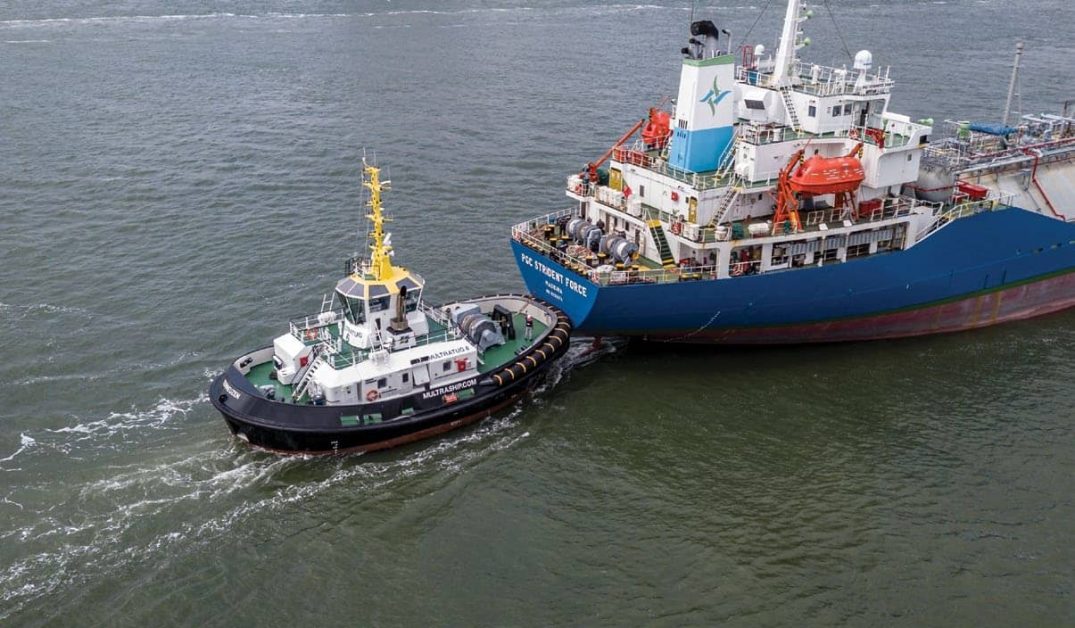The government has enlarged the list of vessels exempted from the age norms issued in February by adding ‘Highly Specialized Vessels’ such as heavy lift installation barge, crane barge, pipe laying vessel, cable laying vessel, research vessel and floating docks to the excluded category.
The Directorate General of Shipping, India’s maritime regulator, has amended the order issued on 24 February on ‘Age Norms and Other Qualitative Parameters with Respect to Vessels’, in the wake of lobbying by ONGC Ltd, Indian National Shipowner Association (INSA), ICC Shipping Association (ICCSA), and other stakeholders, citing the “difficulties being faced by them” in complying with the age norms.
“With respect to the problems being faced due to the limited availability of highly specialised vessels, it is decided to amend the DGS Order”, the regulator wrote in a corrigendum issued on 1 July.
Further, considering the merit in the submission on granting sufficient time to comply with the qualitative norms, it has been agreed that in case of acquisition of a vessel, time till the next drydock survey would be given towards obtaining the Condition Assessment Program (CAP) rating compliance.
Besides, six months would be given from the date of registration for obtaining the Offshore Vessel Inspection Database (OVID) program, TIQ/BIQ/Rightship rating, Rajiv Jalota, Director General of Shipping, wrote in the 1 July order.
The 24 February D G Shipping order had excluded passenger vessels, FSRU (Floating Storage Regasification Unit), FPSO (Floating Production Storage and Offloading), and Drilling/Production units certified under MODU (Mobile Offshore Drilling Units)/SPS (Special Purpose Ships) Code.
The average age of the above vessels is high across the global fleet, Sarbananda Sonowal, the Minister of Ports, Shipping, and Waterways told Parliament in March, defending the government’s decision to exclude these vessel categories from the age norms.
“FSRU, FPSO, and Drilling/Production units certified under MODU/SPS Code are in general designed to operate for 30 to 50 years and are stationed at one place for most of their respective life. For these reasons, this category of vessels has been kept out of the ambit of the age norms order,” Sonowal said.
The age norms were introduced to improve the quality of Indian tonnage and supplements a government plan to promote flagging of ships in India.
“The average age of the world fleet is on the declining trend, (but) the average age of the Indian tonnage is on the increasing trend over the years,” the D G Shipping said.
“Quality tonnage is paramount for safe and secure expansion of the maritime sector and to achieve sustainability in ocean governance. The safety of life at sea and ships depends on the quality of tonnage registered under the flag of a country,” according to D G Shipping.
The International Maritime Organisation, the U N body that regulates global shipping, has adopted an initial strategy for reduction of GreenHouse Gas emissions. To achieve the targets defined by the IMO, vessels need to be transformed to run on alternate fuels and age norms will assist in ensuring gradual phasing out of fossil fuel ships and entry of alternate/low carbon energy efficient ships, the regulator added.







